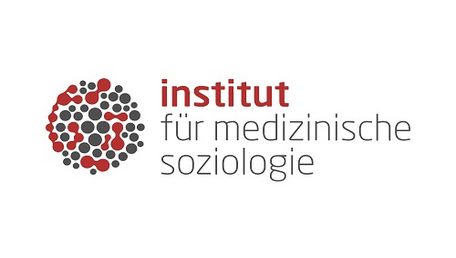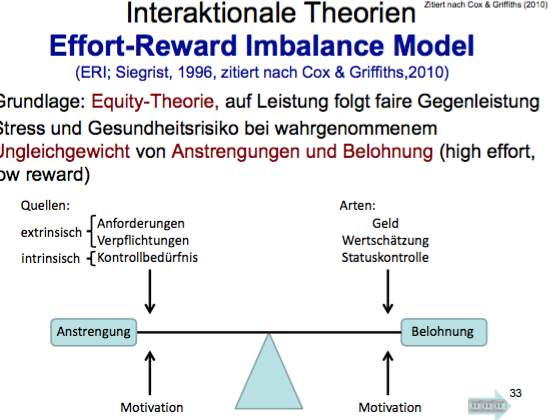The Institute of Medical Sociology in Düsseldorf conducts research on societal influences on health, illness, and healthcare provision. It analyzes factors such as stress, poverty, insecurity, and social support in order to identify health risks, promote preventive measures, and tailor treatments accordingly. The Institute is part of the interdisciplinary Centre for Health and Society of the Faculty of Medicine.
Research
WG's
The focus of research in this working group are the consequences of different employment and working conditions on health of working women and men. In addition to general questions of occupational epidemiology, our focus is on psychosocial stress at work.
The working group „Prevention research“ works on a broad spectrum of prevention topics and investigates current developments, such as the contribution of prevention to the reduction of social inequality or new approaches to work place based prevention. In addition to the analysis of processes and effects of prevention and health promotion, we also aim at advancing methodological approaches of prevention research.
Research on the origin of chronic and acute disease needs to address the social context as most of existing risk factors arise from a social, economic and cultural context. In different projects and collaborations we are participating in research on psychosocial risk factors (e.g. stress, social isolation), the effect of poverty and social inequality on health and the background and consequences of health behaviours. We mainly focus on mental illnesses and cardiovascular diseases.










